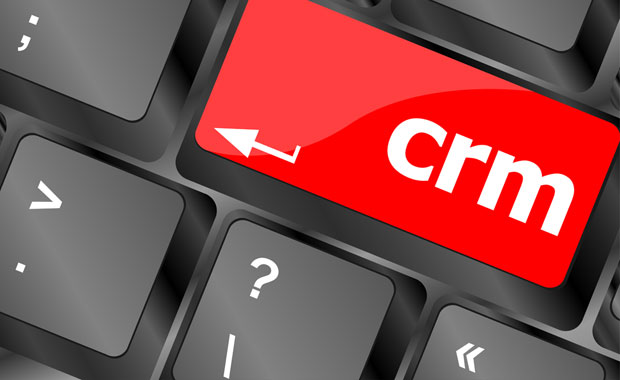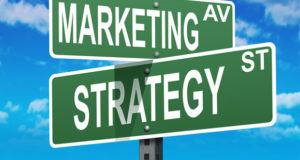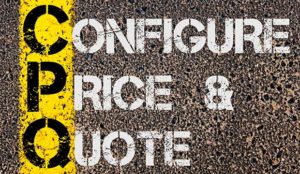Andy Fowler is the CTO and cofounder of Nutshell, a provider of CRM for small businesses.
In this exclusive interview, Fowler shares his thoughts on the importance of effective sales process management.

CRM Buyer: What are some of the significant trends you’re seeing in the CRM industry now? How is the industry changing and evolving?
Andy Fowler:
I’ve been in this industry almost seven years now, and the message that we took to the market seven years ago has evolved over time.
When we launched, mobile was just becoming central, and now mobile is fully expected from any buyer. People also expect intuitive design.
What is changing, and what we’re learning today, is that CRM was originally created for the managers and bosses to report on the pipeline, and it was sold as a value proposition to the manager.
What’s changing now is that CRM is becoming much more about supporting the rep — giving them the tools they need to improve their performance. It’s no longer just a tool for the boss to check in on the salespeople.
CRM Buyer: How can a CRM system motivate salespeople?
Fowler:
If they see the intrinsic value of the CRM tool they’re using, that motivates them. We’ve seen trends come and go, but if the tool itself adds value, that motivation happens intrinsically. The ultimate tool is one that doesn’t require motivation to use. It’s sitting in the background and working automatically.
CRM Buyer: What is the key to making CRM user-friendly?
Fowler:
The first piece is staying out of the way. A good sales rep knows how to develop a relationship and build rapport. If the tool is getting in the way, that’s a de-motivator. If the tool gets out of the way, that’s the best way to improve the experience.
The other way is delivering value. If people recognize a tool’s value, then they don’t need to be motivated to use it. There are a number of ways that can happen. Part of that is the middle name of CRM — “relationships.” Good sales reps know how to develop relationships and use tools to do that.
A tool can help augment their memory about the person on the other end of the phone or someone in the meeting they’re about to walk into.
CRM Buyer: What kind of information is needed for an effective CRM system?
Fowler:
The information stored in CRM is variable, based on the business. As a small business owner, you understand what needs to be known. The most important piece is the time line of information, the back-and-forth of what they said to you last, and what you said to them.
Those conversations — having that transcript or a newsfeed style timeline of who said what to whom is key. That’s the best way to jog your memory and build that rapport with a lead.
CRM Buyer: What is sales process management, and why is it important?
Fowler:
Sales process is one of the original problems that we set out to solve. For a lot of small businesses, the process of closing a sale is a long-running deal. Those kinds of sales processes sometimes involve sending demo equipment or proposals that take a long time to develop.
For many customers, they’re building a sale over a long time, and that’s a lot different than the e-commerce world. We think that CRM and managing a sales process are valuable for that long sales process for a high-ticket item.
It varies by company, but we think of it as different stages, from the first time you hear about a lead to the moment a deal is closed. It’s important to measure the velocity of how a sale moves from one stage of the process to another.
In a long-running sales process, information and communication needs to flow back and forth between a lead and a rep, and managing that information is part of managing the sales process, and making sure a ball isn’t dropped in that process.
All of those different transactions that happen along the way need to be monitored. Our tools allow you to track what sales are sitting at different stages.
CRM Buyer: What’s in the future for CRM? How will it continue to evolve?
Fowler:
CRM will become increasingly connected to the tools that customers already use. If you’re using Outlook, for example, your CRM is going to become closer to that platform. Companies find and purchase tools, but these tools haven’t yet come together and become fully integrated. The line is going to get fuzzier between CRM and your own personal Outlook.
Account-based marketing is something that businesses have been practicing for a long time, but I think that’s going to continue to change how tools are developed. There won’t just be sales and marketing and support tools; the lines will blur and the pieces will become more integrated with each other.

























































